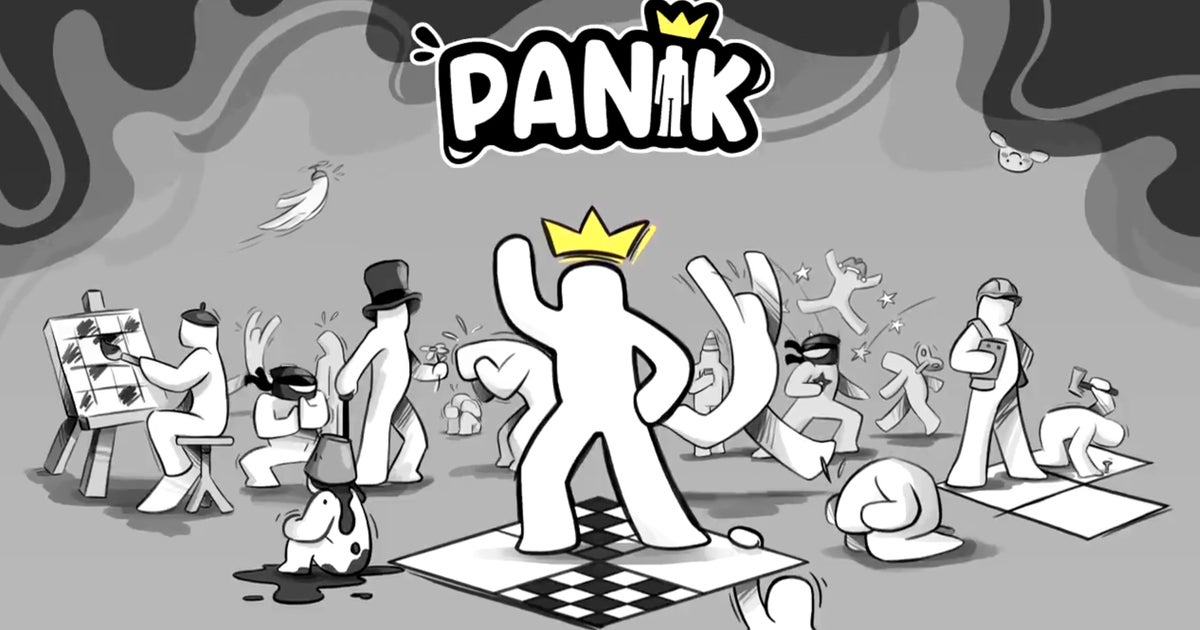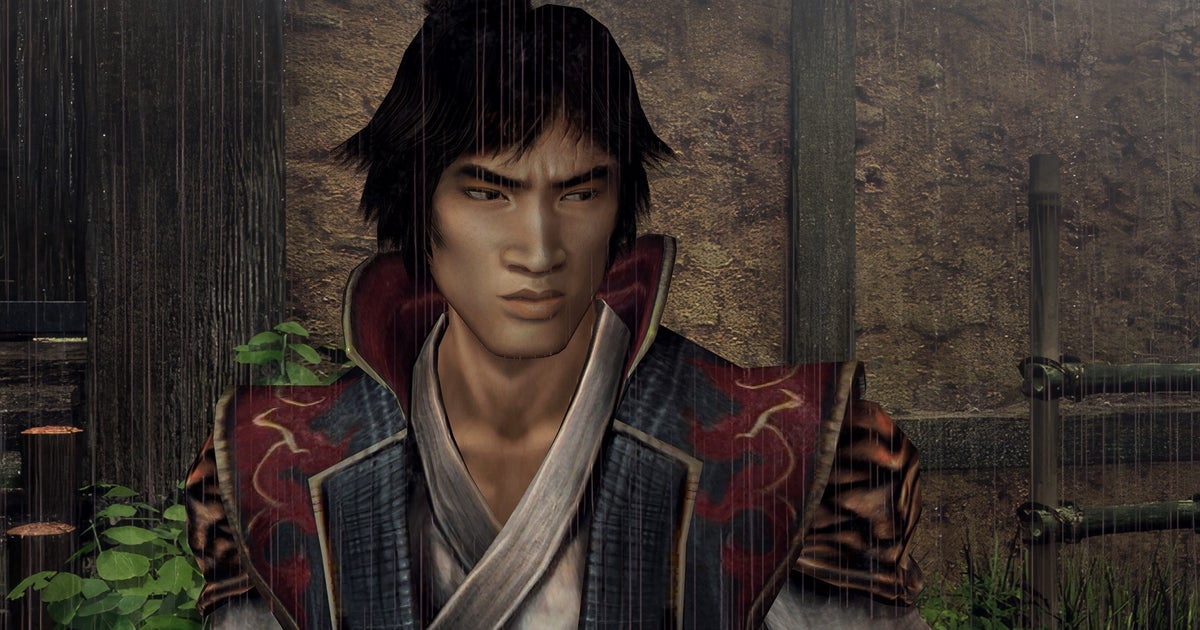Aislinn Clarke's Frwaka: A Groundbreaking Irish-Language Folk Horror Film

Filmmaker Aislinn Clarke, renowned for her groundbreaking work in the horror genre, has reached another significant milestone with her new film Frwaka. Following her success as the first Northern Irish woman to direct a horror film with The Devils Doorway, Clarke continues to pave the way for female directors in a male-dominated industry. Frwaka stands out not only for its captivating narrative but also as one of the first Irish-language horror films, making it a unique contribution to both cinema and cultural representation.
The Devils Doorway, released in 2018, received considerable acclaim for its compelling storyline set in the 1960s. It tells the harrowing tale of two priests who, armed with a camera, investigate what they believe to be a miracle taking place at a Magdalene laundry. However, their search leads them to uncover a much darker reality lurking beneath the surfacea narrative that sheds light on the brutal conditions endured by unwed pregnant women in these institutions.
In contrast, Frwaka is set in contemporary times but echoes similar thematic concerns, particularly how religion can be manipulated to serve grim purposes. The film also explores the concept of trauma as a persistent and generational burden, a theme that resonates deeply within the context of Irish history and culture. Drawing inspiration from Irish folklore, Clarke avoids the well-trodden path of revisiting the changeling myth; instead, she introduces trickster fairies known for their mischievous baby-swapping antics, yet the films true focus lies in the deeper meaning of its title, which translates to roots. This concept is central to the characters journeys and their emotional landscapes.
The narrative unfolds through a series of seemingly disconnected tragedies, leading us to the protagonist, Shoo, portrayed by Clare Monnelly. She is on the brink of an exciting new chapter, eagerly anticipating her marriage to Mila (played by Aleksandra Bystrzhitskaya), who is pregnant with their first child. However, the specter of her troubled past looms heavily over her as she grapples with the recent suicide of her estranged mother. This tragic event leaves Shoo with an apartment filled with Jesus portraits and painful memories that she is reluctant to confront.
To alleviate her financial situation and distance herself from her emotional turmoil, Shoo accepts a temporary position caring for a stroke victim in a remote village. This job not only provides a much-needed source of income for her and Mila but also serves as an escape from the painful task of sorting through her late mother's belongings. As she navigates this new environment, Shoo discovers that her proficiency in the Irish language affords her the ability to understand the gossip and judgments that the locals mistakenly believe she cannot comprehend.
However, beneath the idyllic surface of small-town life lies an unsettling reality. Shoo's arrival in the village is marked by her encounter with Peig (Brd N Neachtain), the elderly woman she is meant to care for. Peig's immediate hostility and refusal to open her door raise questions about the secrets and fears that permeate the community. Initially, Shoo assumes that Peig's behavior is merely the result of an elderly patients resentment towards outsiders. But as she spends more time with Peig, she begins to experience strange occurrenceswhispered voices and eerie noisesthat make her reconsider the old woman's warnings about the enigmatic they and them who lurk in the shadows, potentially posing a threat.
As Frwaka unfolds, it becomes evident that the real horror is not solely supernatural but deeply intertwined with Shoos mental health struggles and the unresolved grief stemming from her mothers death. Mila, who remains in touch with Shoo despite the village's unreliable cell service, urges her to confront her past. She was your mother, Mila reminds her during one of their rare conversations, emphasizing the importance of acknowledging and addressing the lingering pain of their relationship.
Peig, having lived through her own traumas, offers insights rooted in her life experiences. She cautions Shoo against the notion that simply discarding memories will eliminate their impact: Getting rid of it wont get rid of it. This wisdom resonates with Shoo, who must navigate her own emotional barriers while uncovering the dark reality of the village and its inhabitants.
While some of the film's revelations in the final act may not come as a complete surprise, the tension and atmosphere Clarke builds throughout the film are consistently eerie and engaging. Viewers who seek a traditional narrative with exhaustive explanations may find themselves challenged, as Frwaka prioritizes mood and emotional depth over straightforward exposition. Those familiar with Irish folklore may find added layers of meaning that enhance their viewing experience.
The performances of Monnelly and N Neachtain bring life to their characters, preventing them from becoming mere embodiments of sorrow. Clarkes direction also fosters a gradual emotional intimacy between them, transforming their initially fraught relationship into one that is poignant and relatable. The setting itself, particularly Peigs dilapidated home, functions as a metaphorical fortress against the unknown, heightening the films tension and sense of foreboding.
Frwaka is set to start streaming on April 25 on Shudder, offering audiences the chance to experience this chilling exploration of fear, trauma, and the cultural roots that bind us.























